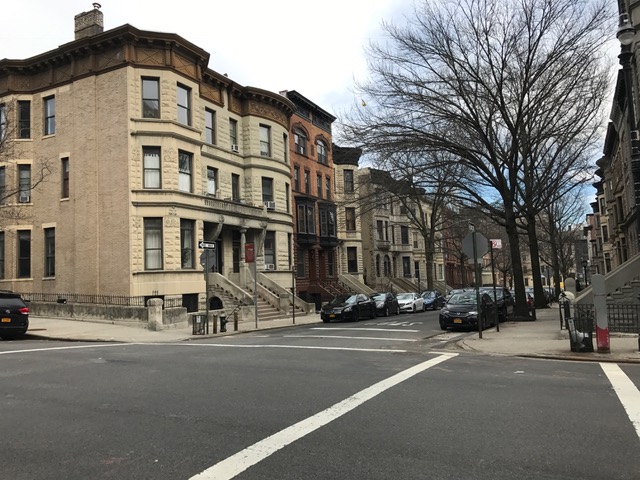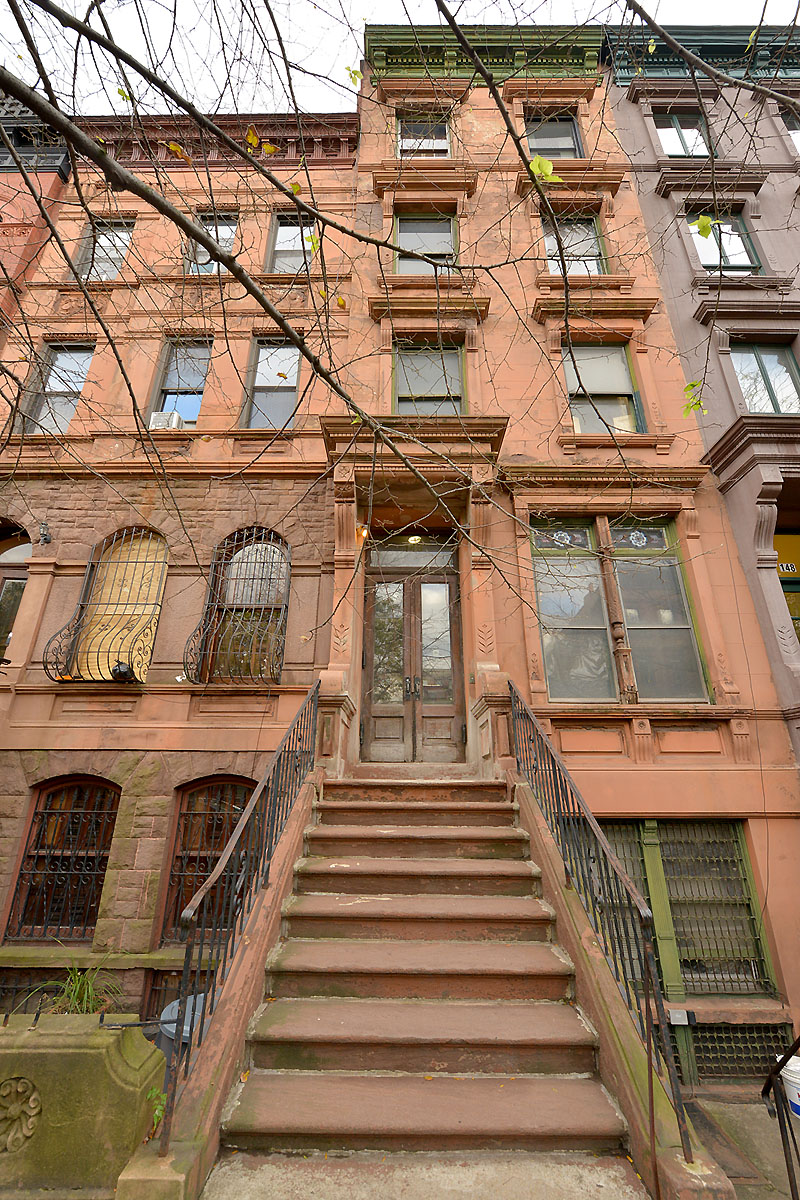NYC puts out a guide of how to understand your real estate tax bill of your property. It’s amazing how many NYC property owners do not understand their real estate property tax bill. In fairness, the system is very complicated and you might see two identical Manhattan townhouses with the same number of units yet radically different tax bills.
It is always advisable to consult with a real estate tax attorney before making any changes to your tax classification, and doing renovations especially alterations.
Generally speaking, your real estate tax bills will go up when you do an alteration to your building like changing the number of units or adding gross square footage. If you do not make a change to your building, there are caps on your assessed value which is the amount that your real estate tax bill is derived. For class 1 properties which are 1-3 family homes, it is 6% per year or 20% for 5 years. For tax class 2A (4-6 units), class 2B (7-10 units) the cap is 8% per year or 30% over 5 years. For properties that are class 2 (11 units or more) no cap exists which is one of the reasons a SRO building as classified by Department of Finance with 11 rooms(units) could see taxes climb steadily per year without cap.
The Author- ![]() Brian Silvestry , a licensed real estate broker, has been selling residential and commercial real estate since 1999. He has sold in every neighborhood from Battery Park City to Washington Heights.
Brian Silvestry , a licensed real estate broker, has been selling residential and commercial real estate since 1999. He has sold in every neighborhood from Battery Park City to Washington Heights.

